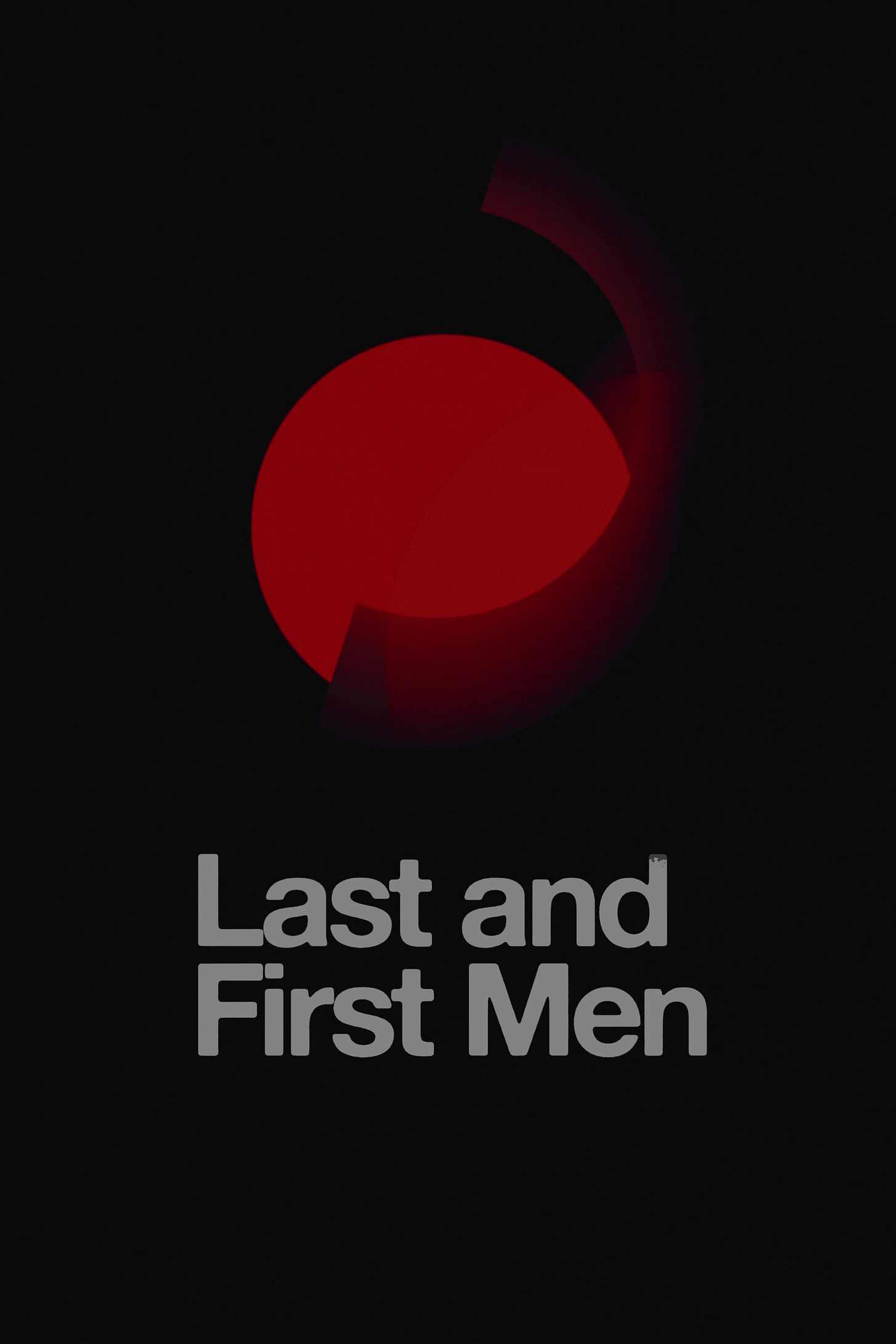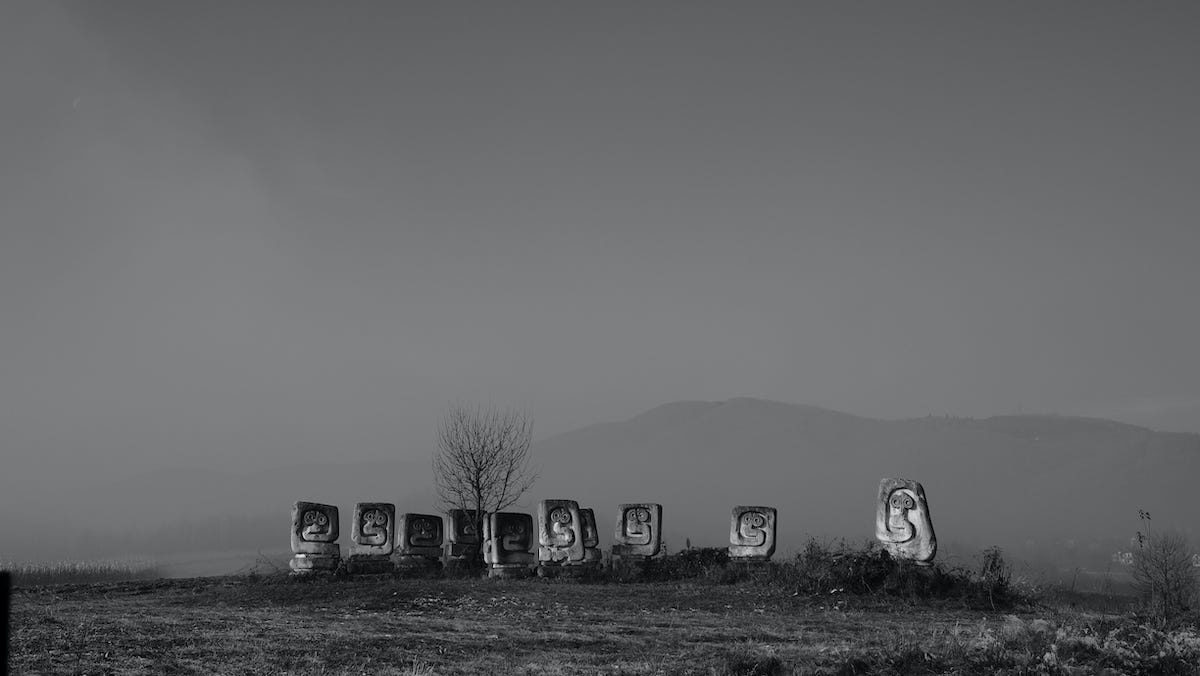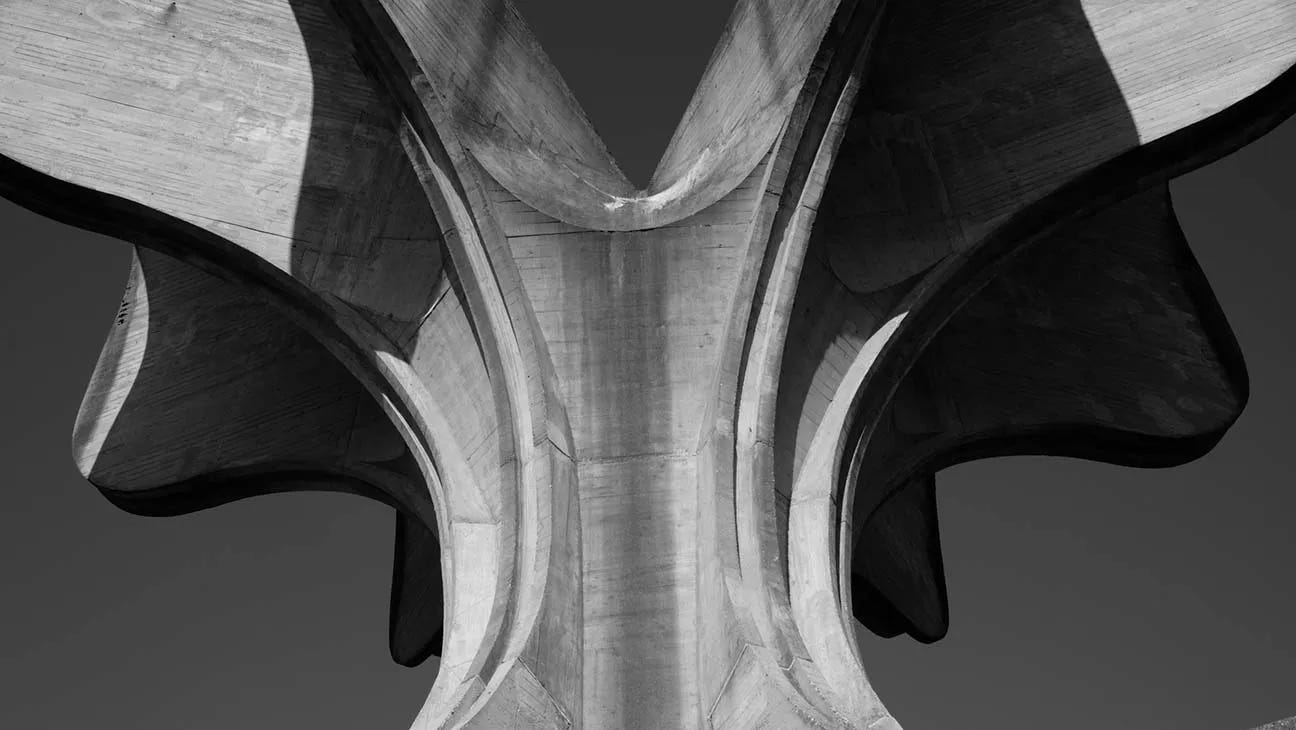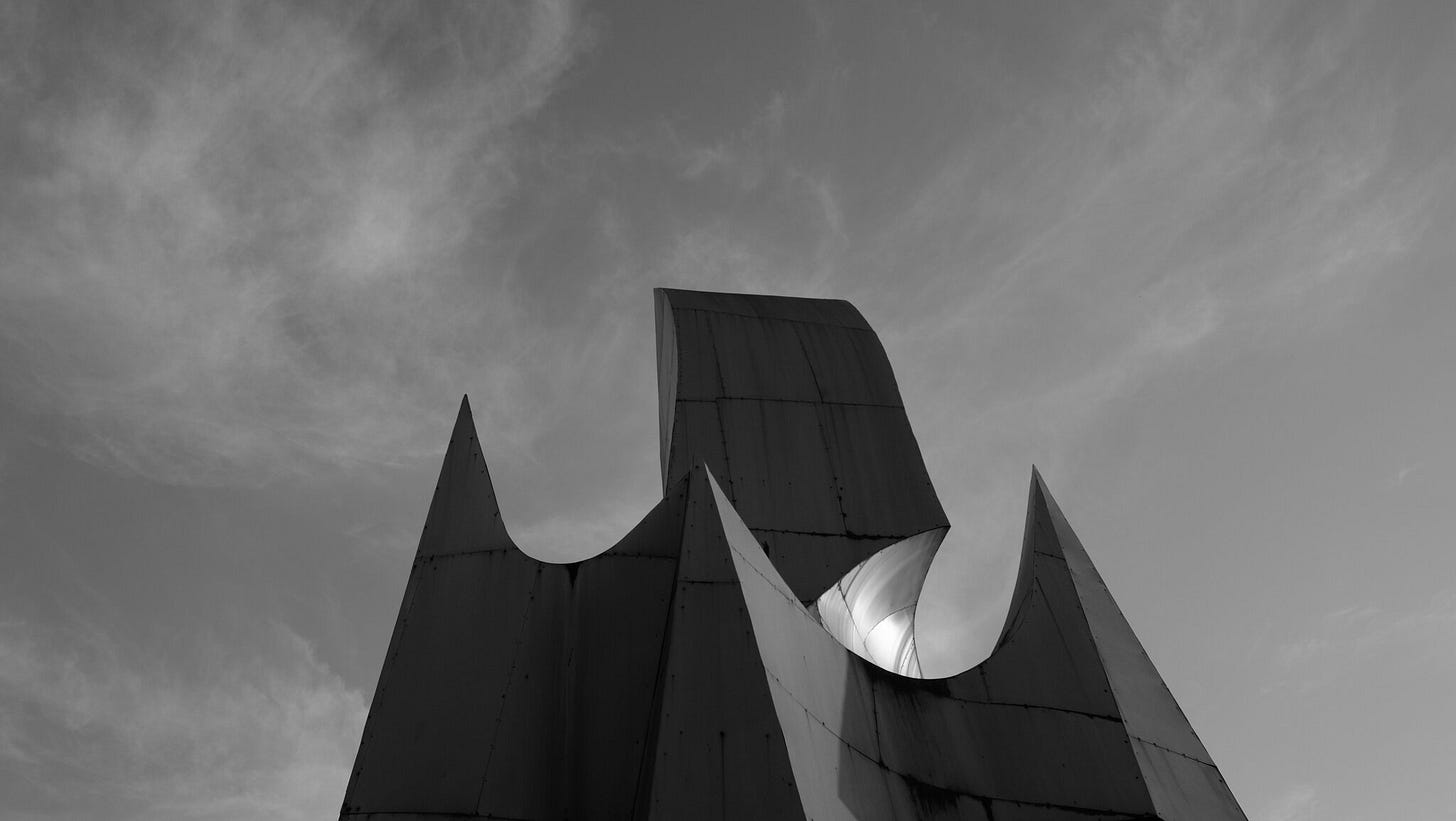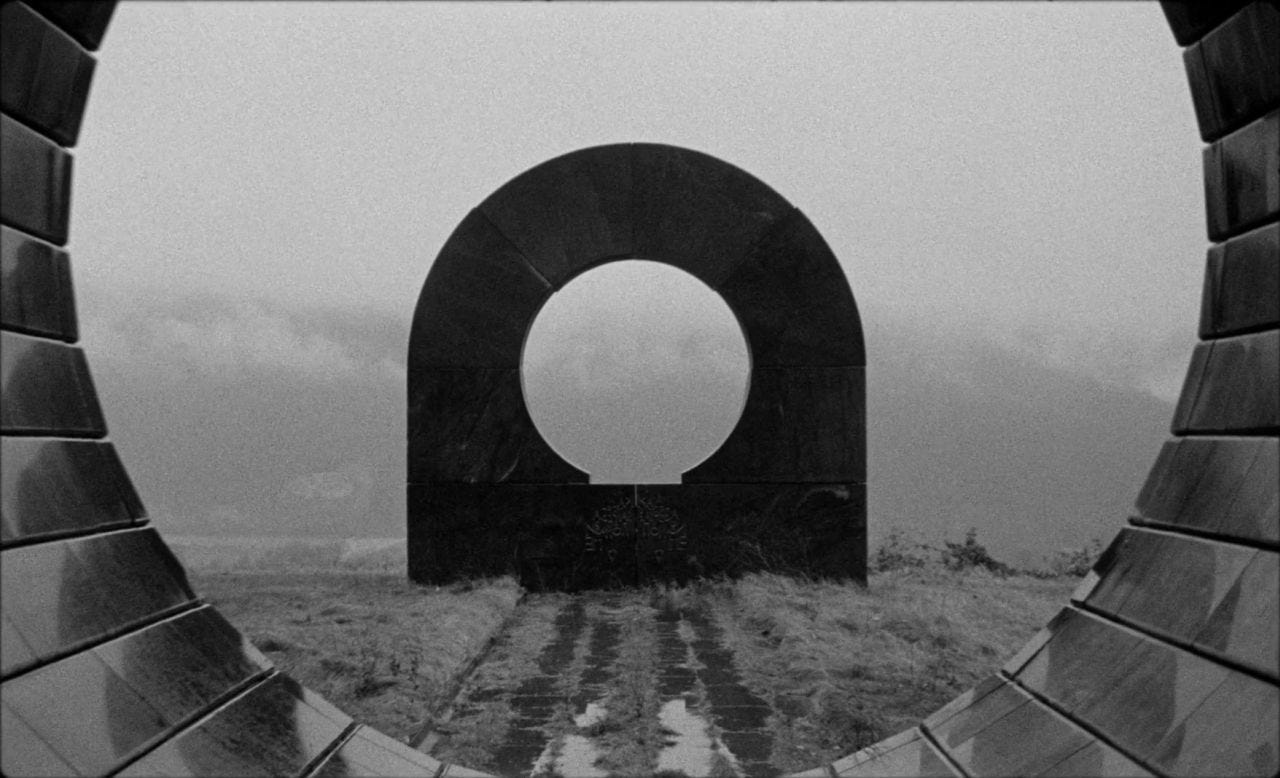Directed by Johann Jóhannsson
Iceland, 2020
So, two years, at least 120 films, and we are still arguing about whether Aretha Franklin’s Amazing Grace is really a film. Thanks to all of our readers for sticking with us through our cinematic highs, lows, and whatever Caligula: Ultimate Cut was…
“Listen patiently,” the voiceover sonorously intones. Instantly recognisable, it’s the voice of Tilda Swinton – who else? “We, the Last Men, need to communicate with you.”
And so it begins, the Last and First Men, a haunting, surreal, and contemplative feature film. I say feature, though you could call it a blend of film-essay and art installation. And yet that would be to underplay the cinematic spectacle of what is a hypnotic and compelling watch. Last and First Men was the directorial debut of Icelandic composer Jóhann Jóhannsson, and ironically his final work as he died suddenly in 2018 before its completion. Known for his evocative scores for films like Sicario and Arrival, Jóhannsson was also celebrated for his avant-garde, minimalist orchestral works.
Last and First Men is an adaptation of the final chapters of the novel of the same name, written in the 1930s by an English science-fiction writer, Olaf Stapledon. Swinton’s narrator speaks on behalf of a humanity that is sending us a message from 2000 million years in the future. We have evolved through 18 distinct species, and now, our future-selves are sending us a warning. The latest generation spends 20 years in foetal form, a century in infancy and one thousand years in adolescence. They have seen the heights and depths of human achievement: ‘huge fluctuations in joy and woe’.
A massive gas cloud collided with the Sun, forcing the Earth’s inhabitants to migrate to the safety of Neptune. Now, however, a supernova destroys the Solar System, and humanity faces extinction. Even the development of a telepathic ‘group-mind’ offers no solution. They are indeed the last men, but there is no drama here.
There are no actors and no action. A film shot in stark black-and-white with a 16mm camera – images and sound in the purest sense – plays over a vista of monumental forms set in the landscape. These concrete monoliths differ in profile, some cubist, others sinuously curved, and the camera glides or lingers on their surfaces – always enigmatic. The only interruption is when Swinton’s disembodied narrative is punctuated by a cut to the green flare and blip of an oscilloscope wave – something I haven’t seen since the physics lessons of my school days.
It’s a big ask for people to sit for 70 minutes and look at concrete - Jóhann Jóhannsson
The soundscape is a fusion of ambient electronic and choral music, meditative – yes, brooding – at times, the diverse and discordant elements are expressively cinematic. Familiar sounds are distorted to become ethereal and uncanny, drawing out the unfathomable distance between the first and last men. There is also a texture to Jóhannsson’s score, scratching strings and dissonant percussion, that imbues the concrete structures with a strange vitality.
What to make then of the architectural abstraction? Are they the sentinels of Kubrick’s 2001: A Space Odyssey? Actually, it turns out that the monuments were constructed in the former Yugoslavia, commissioned by Marshal Tito in the aftermath of World War Two to commemorate the defeat against fascism. Signalling an anticipated socialist utopia that never materialised, they were inspired by Mayan and Sumerian art.
Yet even forearmed with that knowledge, the minimalism, the narration, and the cinematography allow you to project – Rorschach-like – your own meaning onto this visionary work:
Great are the stars, and humankind is of no account to them.
Somehow one of the most sci-fi, yet least sci-fi films I have seen - T
I’m sorry to dunk on the guy, but Denis Villeneuve has been absolutely destroyed by this film… all those millions and CGI for Dune, Arrival etc.
All these guys had was a camera and some statues… and I think the effect is a thousand times better - C
Reids’ Results (out of 100)
C - 81
T - 83
N - 83
S - 85
Thank you for reading Reids on Film. If you enjoyed it please share with a friend and do leave a comment.
A singular filmmaker who managed to put images and ideas on both the cinema and TV screen that we had never seen before, and are unlikely to see again. David Lynch RIP.
Coming next… Paris is Burning(1990)




